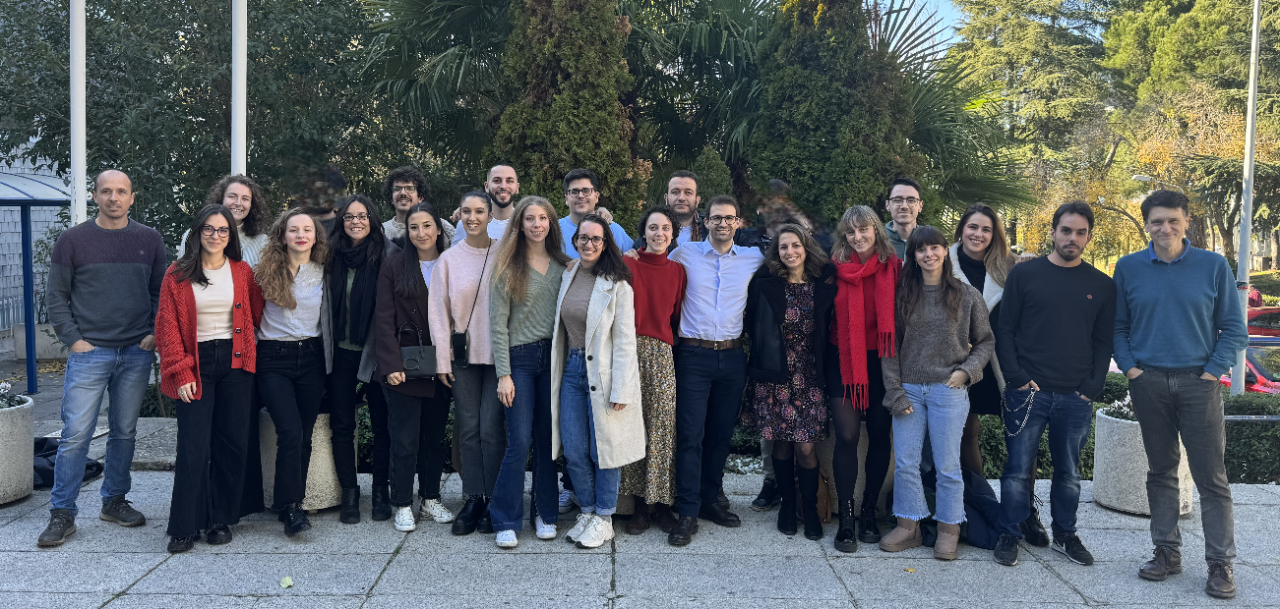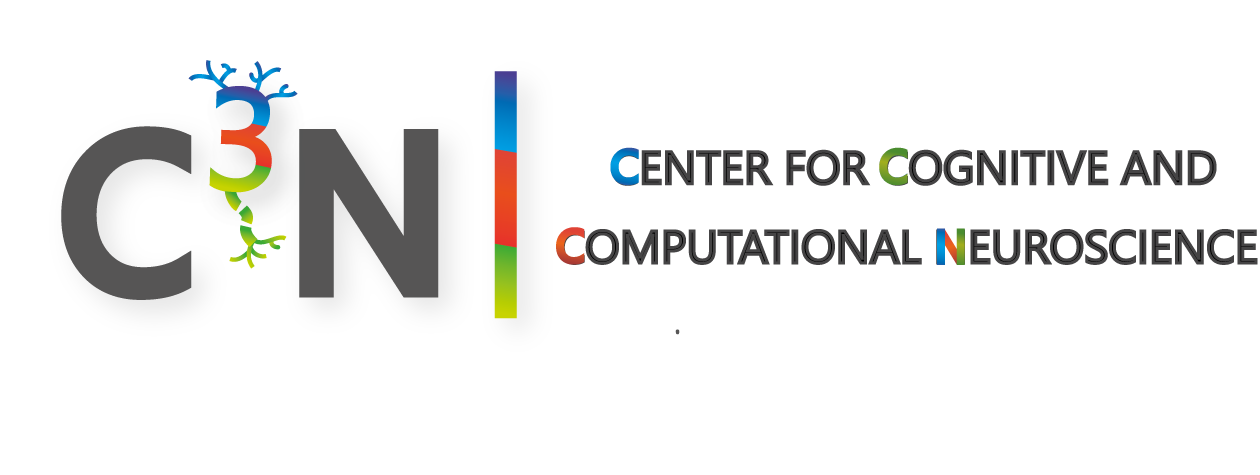
The Center for Cognitive and Computational Neuroscience (C3N) is an interdisciplinary research center at the Complutense University of Madrid that brings together researchers specializing in cognition and computation, as well as clinical researchers, with the common goal of understanding how higher cognitive functions and mental illness relate to brain activity.
The core of our research focuses on the cognitive, anatomical, and genetic bases of Alzheimer’s disease and the stages of cognitive decline that precede it, with a focus on developing biomarkers for early diagnosis and treatment. Most of our studies use brain imaging techniques, such as magnetoencephalography (MEG), electroencephalography (EEG), or diffusion stress magnetic resonance imaging (dw-MRI). Our scientists also conduct basic research on the processes that control memory, emotions, and language, as well as applied research on neurodevelopmental disorders, epilepsy, addiction, and other neurodegenerative diseases.
We also develop computational models to better understand the neurophysiological mechanisms underlying brain activity, as well as to guide potential interventions (pharmacological or non-pharmacological). Another of our main lines of research is the development of advanced analysis methods for MEG and EEG signals, and we have begun collaborating with international companies on the development of a new type of MEG sensor, OPMs. Finally, we are also beginning to work on neuromodulation, a research area that has recently gained importance. In this area, we use various techniques, such as transcranial magnetic stimulation (TMS, both high and low field), transcranial electrical stimulation (tES, including tACS and tDCS), deep brain stimulation (DBS), and vagus nerve stimulation.
As a public center, C3N offers researchers and clinical professionals the opportunity to use its facilities to develop their experiments or clinical protocols (more information in Services and Fees).



Comments are closed